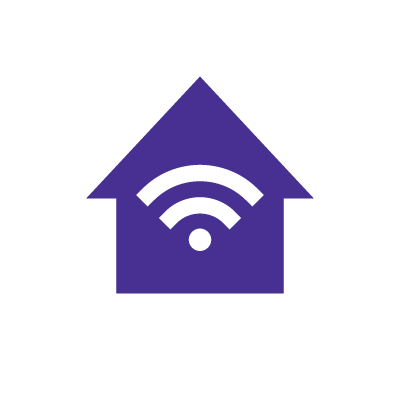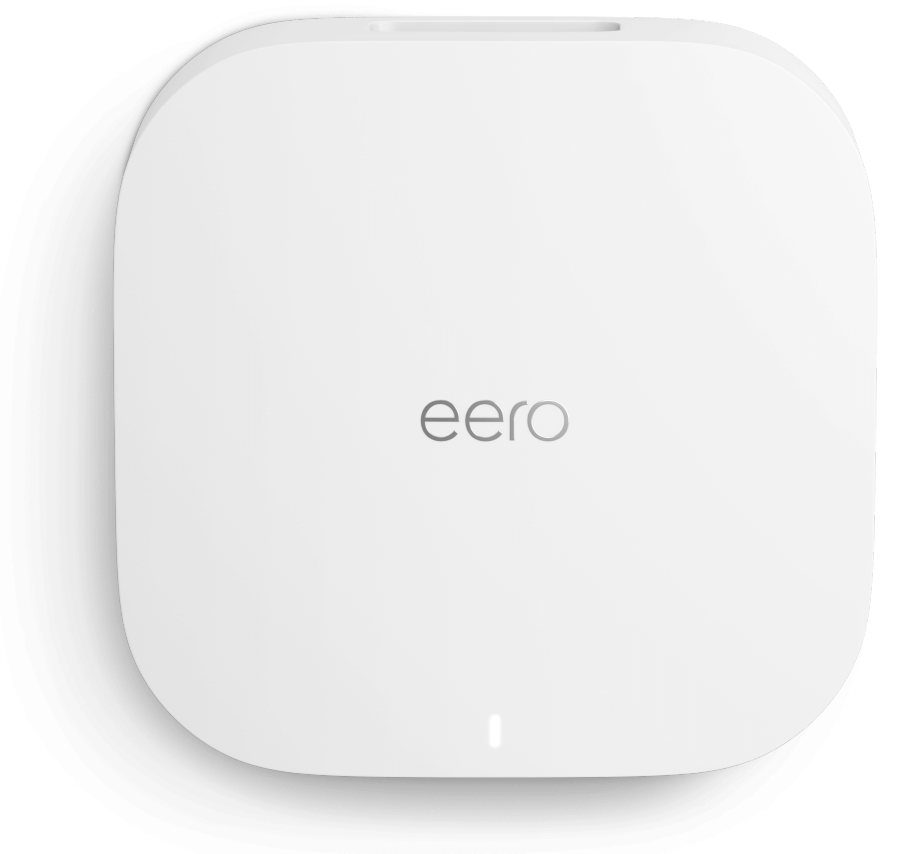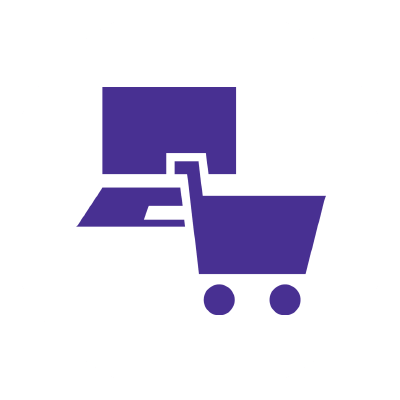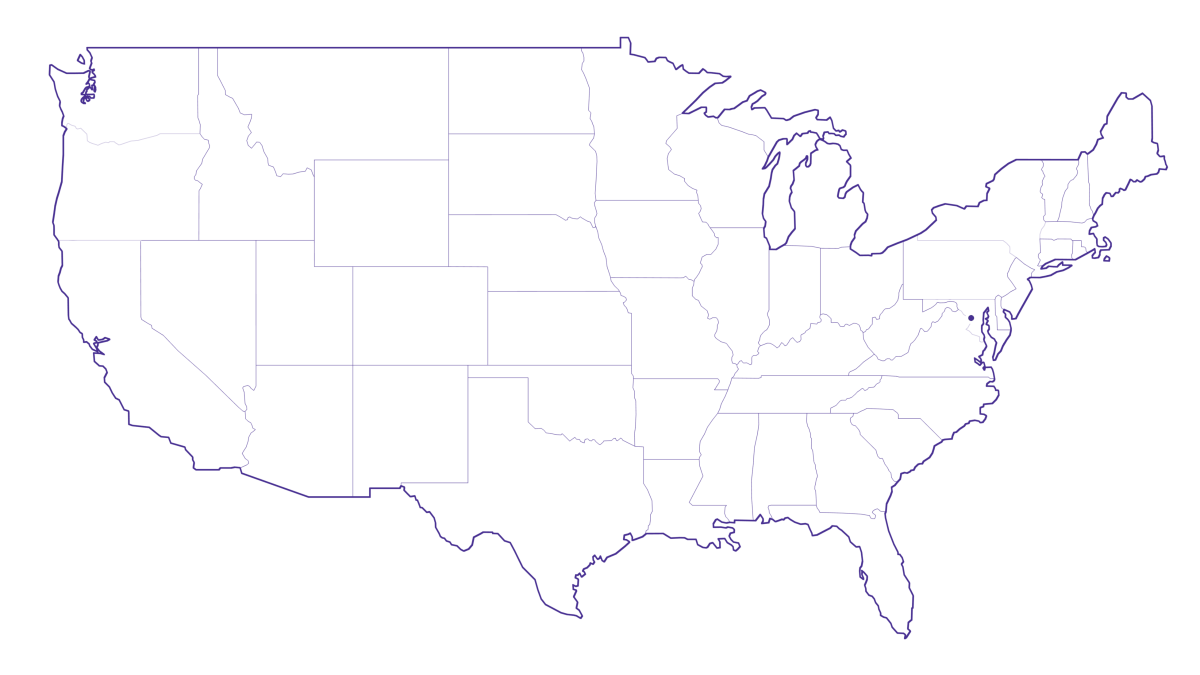What is fiber internet?
(and what are the benefits?)

There are 5 main benefits of fiber internet including increased speeds, greater reliability, no throttling, excellent for gaming online, and supporting future technologies.
Do you want more reliable internet speeds and the ability for multiple people to use many devices all at once? You may have wondered, do I really need fiber internet? Are you unsure whether a fiber internet connection is right for your home?
Picking the wrong type of internet can result in frustratingly low speed and connection disruptions that take too much time to resolve. Fiber will likely solve many of your network and internet headaches.
We’re here to explain what fiber internet is, how fiber internet works, and the benefits of fiber internet.
We can help improve your home network and guide you toward getting the most out of your internet.
Switch & save
Astound is the #1 cable ISP
Stream live content, work, surf, game and connect to multiple devices with speeds up to 1500* Mbps through our ultra‑reliable fiber‑powered network.*

What is fiber internet?
A Fiber internet connection is a type of broadband transmitting data through insulated fiber-optic cables. Comprised of thin strands of glass, it uses light pulses harnessing light speed. With the capacity to reach 1 Gig speeds and higher, fiber offers the fastest internet speeds available.
What is the difference between fiber and cable internet?
A traditional cable internet connection relies on a copper cable to transmit data, which can distort over long distances.
Fiber-optics relies on light versus electricity for data transmission, allowing stronger data signals to travel longer distances with reduced interference, minimizing the need for signal boosters.
As a result, fiber has a greater capacity to offer higher data speeds.
Fiber to the home technology (FTTH)
FTTH, also known as “pure fiber,” provides access to the entire length of fiber-optic cable connecting directly to a residence or business. Users can expect faster symmetrical upload and download speeds, and it provides the most reliable connectivity.
The history of fiber-optics
Developed in the 1970s, the telecommunications industry used fiber-optic technology for its benefits over electrical copper cable transmissions.
Fiber can transmit more data over longer distances at faster speeds with no interference or crosstalk from other transmission signals, which can cause everything to slow down. Consequently, it can provide a more reliable data solution.
In the late 1980s, fiber-optic cable was added underneath the ocean, connecting the United States and Europe. Ultimately, it enabled the information technology revolution in the 1990s and supports the fast transmission of global data we currently access.
Check for service
Get internet service that delights
Astound is ranked among the best for overall satisfaction*. When it comes to download speed and quality, Astound more than delivers.

How fast is fiber internet?
A fiber internet connection is much faster than a cable connection or a DSL connection.
The table below compares how long it takes to download a variety of items on each connection to illustrate exactly how much better fiber internet performs.
| Item being downloaded | Approximate file size | 1 Gig fiber connection | 100 Mbps cable connection | 25 Mbps DSL connection |
|---|---|---|---|---|
| 4 minute song | 4 MB | 0.04 seconds | 0.34 seconds | 1.34 seconds |
| 10 hour audio book | 120 MB | 1 second | 10 seconds | 40 seconds |
| 45 minute TV show | 200 MB | 1 - 2 seconds | 17 seconds | 1 minutes and 7 seconds |
| 2 hour movie | 1.5 GB | 14 seconds | 2 minutes and 8 seconds | 8 minutes and 35 seconds |
| 2 hour HD movie | 4.5 GB | 41 seconds | 6 minutes and 26 seconds | 25 minutes and 46 seconds |
|
Item being downloaded
4 minute song |
Approximate file size
4 MB |
1 Gig fiber connection
0.04 seconds |
100 Mbps cable connection
0.34 seconds |
25 Mbps DSL connection
1.34 seconds |
|
Item being downloaded
10 hour audio book |
Approximate file size
120 MB |
1 Gig fiber connection
1 second |
100 Mbps cable connection
10 seconds |
25 Mbps DSL connection
40 seconds |
|
Item being downloaded
45 minute TV show |
Approximate file size
200 MB |
1 Gig fiber connection
1 - 2 seconds |
100 Mbps cable connection
17 seconds |
25 Mbps DSL connection
1 minutes and 7 seconds |
|
Item being downloaded
2 hour movie |
Approximate file size
1.5 GB |
1 Gig fiber connection
14 seconds |
100 Mbps cable connection
2 minutes and 8 seconds |
25 Mbps DSL connection
8 minutes and 35 seconds |
|
Item being downloaded
2 hour HD movie |
Approximate file size
4.5 GB |
1 Gig fiber connection
41 seconds |
100 Mbps cable connection
6 minutes and 26 seconds |
25 Mbps DSL connection
25 minutes and 46 seconds |
Calculations based on download/upload time calculator.
How does fiber-optic internet work?
Pulses of light along the fiber-optical are transmitted from the service provider’s facility to the end-user’s location.
The fiber is connected to an Optical Network Terminal (ONT) which
receives these pulses and then converts them into electrical signals like Ethernet that normal equipment can use.
A traditional service provider could have this conversion some distance
away. This conversion from light to electrical happening so close to the end user is one of the main factors contributing to the speed and reliability of fiber-optic connections.
WiFi that just works!
WiFi plans for any home
Tiny, large or somewhere in between; find WiFi coverage to fit any space. Blanket your entire home with a fast and ultra‑reliable connection.

Top 5 benefits of fiber internet explained
Fiber internet has significant benefits over cable and DSL access. Speed, reliability, and multi-device capacity are some of the main advantages of accessing fiber-optics.
Learn how fiber is superior in every area.
1. Increased speeds
Most ISPs offer 1000 megabits per second (1 gig) based on their service offerings and access to fiber-optic infrastructure in particular regions.
Speeds of up to 1.2 Gig to 2 Gigs and higher are available in some areas.
2. Greater reliability
Fiber-optic cable’s robust design makes it resistant to electromagnetic interference, temperature changes, and weather conditions, leading to fewer service interruptions.
Fiber is less susceptible to damage or breakage and has a longer lifespan.
3. No throttling
With cable internet, your internet connection can slow down when traffic is at its peak.
Fiber internet can handle more users at substantially higher speeds than cable.
4. Excellent choice for gaming
Fiber’s capacity to access the highest speeds and reliability make it a superior choice for gaming.
Related content: What internet speed do I need for gaming?
5. Supports future technologies
Fiber internet has room to grow to accommodate new technologies. We’ve really only begun to explore fiber’s full potential and take advantage of its available bandwidth. That means fiber can support whatever tomorrow’s tech visionaries throw at it.
Gaming internet
Get the total gaming solution
How you game is up to you. One thing is clear–you need fast and ultra-reliable internet. Get fiber‑powered internet that delivers Gig speeds no matter what high-bandwidth activity you choose.

The disadvantages of fiber internet
- Limited Reach: Only a quarter of US residents have fiber internet, mainly in the larger cities. Many ISPs don’t have fiber service offerings or access to fiber-optic infrastructure networks.
- Slow growth rates: Fiber internet’s roll out to the rest of the United States has slowed. Many carriers have shifted their focus to 5G, which uses cell towers and eliminates the need for laying cable.
- High prices: Fiber internet prices are higher than cable or DSL. When fiber first became available, costs were prohibitive to many consumers due to its infrastructure rollout.
Now that you’re an expert on how fiber internet works and its benefits and disadvantages, you can decide whether it’s right for you.
If your home network requires multiple users and devices with the desire for video calls, heavy streaming, and gaming, shop for high speed internet.
What equipment is needed for fiber-optic internet?
You’ll need a fiber capable modem and router to access fiber-optic internet. You’ll want the correct router to gain the maximum fiber-optic speeds and to get the most out of your service.
WiFi router for fiber internet
WiFi routers serve two main functions for your fiber-optic internet.
Routers manage your network traffic through IP addresses and allow multiple devices to use the same internet connection.
Some of the factors that apply to your WiFi router considerations are:
What internet speed do you need?
When evaluating internet speed, consider the quantity and the usage of devices you typically have connected to the internet.
If you’re working remotely conducting video calls, streaming movies and TV shows, or if you have a lot of smart devices, you’ll need a router that can handle large amounts of bandwidth.
How many connected devices do you have?
In addition to the number of laptops, tablets, or handheld devices typically used in your household, consider smart home devices and appliances like your refrigerator or doorbell camera connecting to the internet.
What features are you looking for in a router?
 Do you want to prioritize how bandwidth is distributed throughout your network?
Do you want to prioritize how bandwidth is distributed throughout your network?
Consider a gaming router if you’re a gamer and want access to the best servers to optimize your gameplay.
If you’ve got a top-notch router and still have trouble getting solid connections for all your devices, explore Mesh WiFi.
Build your plan
Your perfect plan is just a click away
Get the speeds, WiFi, mobile and TV plans you need all at an affordable price. Bundle your services with Astound and see how much you can save.

Wrapping up
Now that you’re an expert on how fiber internet works and its benefits and disadvantages, you can make a decision on whether it’s right for you.
If your home has a lot of users or devices connected to the internet, fiber internet can bring you the fastest connection possible.
On the other hand, if you’re looking to save money or live outside of a major metropolitan area, you may find fiber internet either isn’t available, or isn’t necessary for your needs.
Frequently asked questions
Does fiber internet increase upload and download speeds?
Yes, Fiber-optic internet is the fastest, most reliable internet service available for home use. Fiber increases download and upload speeds offering high-speed access for gaming, video streaming, and conferencing.
How do you get fiber internet for your home?
Find out if fiber is available in your area. One of our service representatives will be happy to answer all your questions about availability.
How much does fiber internet cost?
Fiber internet costs vary per month based on location and available access. You may pay a bit more above cable or DSL internet access for increased internet speeds, multiple devices, and user capacity with better service reliability.
Can I get fiber internet for my business?
Astound Broadband has fiber internet business plans to improve how you run your business, be it in an office setting or out of a home office. Explore high speed internet plans for your business.
Related Content
While we have made every attempt to ensure that the information contained in this site has been obtained from reliable sources, Astound is not responsible for any errors or omissions, or for the results obtained from the use of this information. All information in this site is provided “as is”, with no guarantee of completeness, accuracy, timeliness and without warranty of any kind, express or implied, including, but not limited to warranties of performance, merchantability and fitness for a particular purpose. Certain links in this site connect to other websites maintained by third parties over whom Astound has no control. Astound makes no representations as to the accuracy or any other aspect of information contained in other websites.
Currently the Motorola MB8600 DOCSIS 3.1 is known to have problems connecting to the Astound Broadband network. Additionally, EURODOCSIS cable modems are not supported in the United States.
Reminder: Internet download speeds may vary and are not guaranteed. Observed speeds may vary by customer based on device, connection, & other factors outside of Astound Broadband’s control.*

















